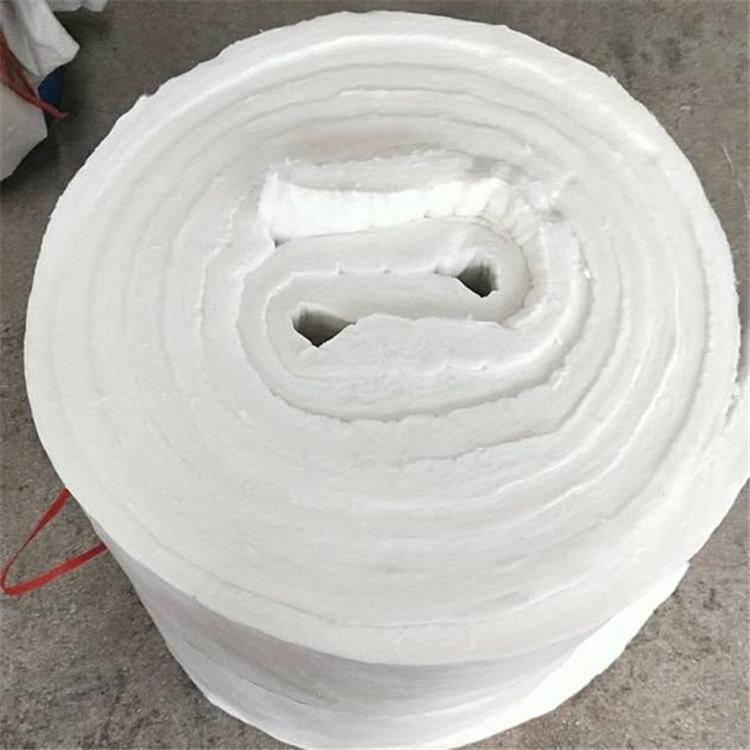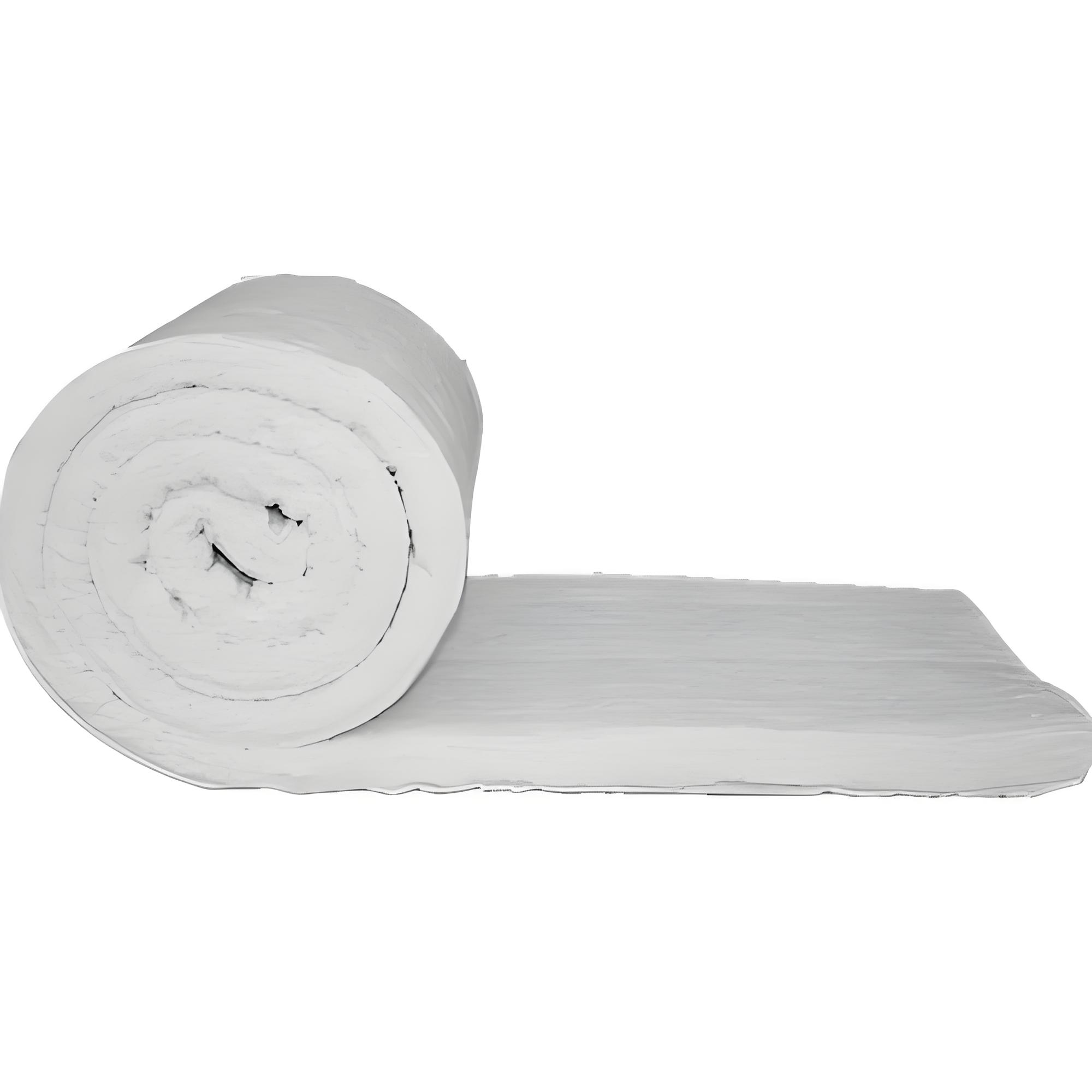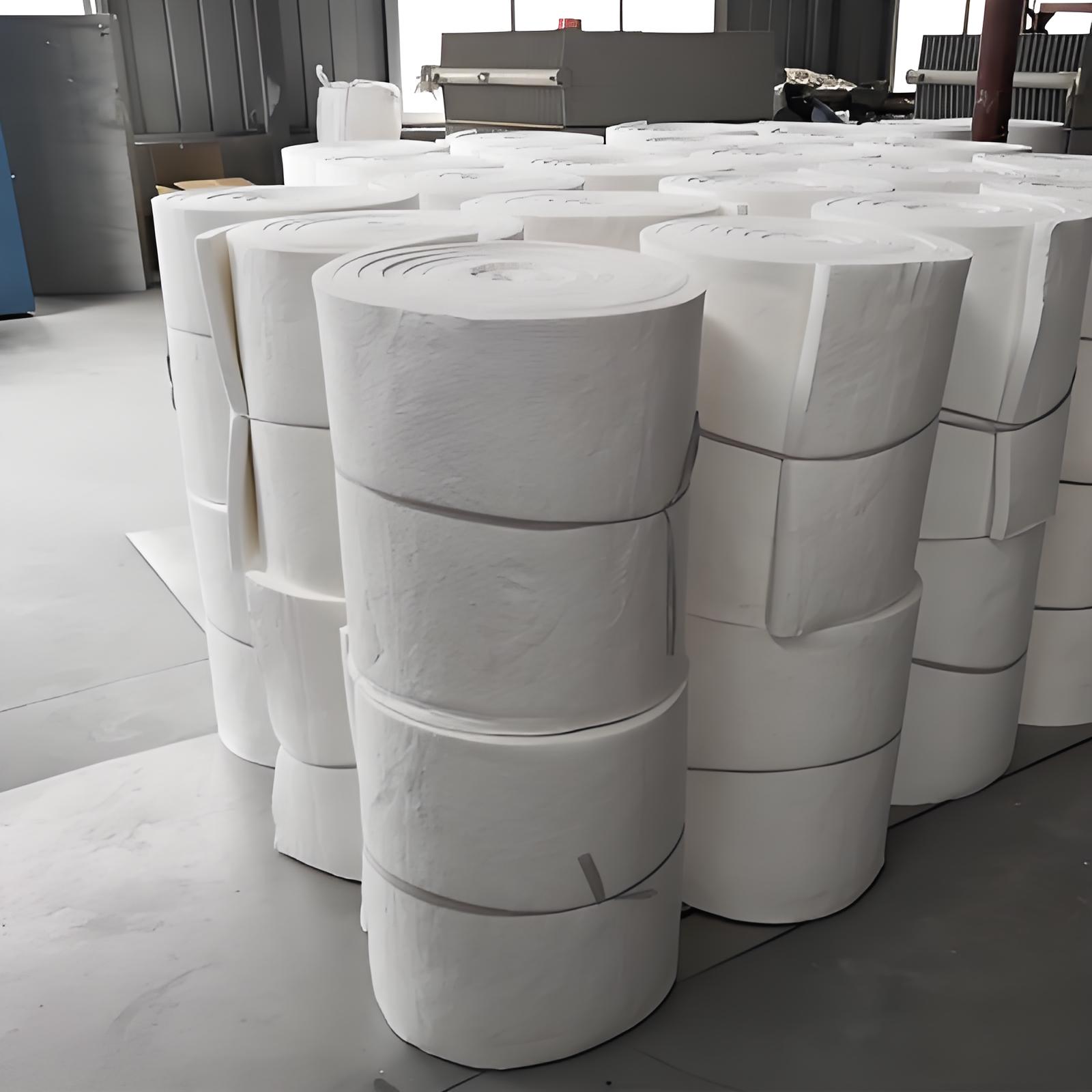
Industrial operations involving furnaces, kilns, and reactors frequently encounter the formidable challenge of effective high-temperature insulation. Managing thermal losses at temperatures ranging from 1000°C to 1350°C is critical to maintaining operational efficiency, reducing energy costs, and ensuring workplace safety. Traditional insulation materials often fall short, either degrading under intense heat or failing to provide the necessary thermal resistance.
The high-temperature ceramic fiber insulation blanket stands out as an advanced, reliable solution expertly engineered to address these challenges. Customized for industrial high-temperature environments, this product delivers superior thermal performance, durability, and ease of installation, making it an indispensable component in modern thermal insulation strategies.
Crafted with a blend of high-purity alumina (Al₂O₃) and silica (SiO₂), the ceramic fiber blanket achieves outstanding thermal stability and chemical resistance. Its structure exhibits a density of approximately 128 kg/m³, balancing insulation capability with mechanical strength. Thickness options range from 10 mm to 50 mm, allowing tailored solutions according to the specific thermal protection requirements of diverse industrial applications.
One of the critical parameters influencing insulation efficiency is thermal conductivity. This ceramic fiber blanket features a remarkably low thermal conductivity of as little as 0.16 W/m·K at 800°C, minimizing heat transfer even under intense operating conditions. Such performance helps equipment maintain desired temperature levels, significantly reducing heat losses.
Additionally, the product incorporates an aluminum foil facing on one side. This design innovation streamlines installation by improving handling and provides an effective vapor barrier, protecting the blanket from moisture and extending its lifecycle.
 Ceramic Fiber Blanket on Industrial Equipment" style="width: 100%; margin: 20px 0; border-radius: 8px; box-shadow: 0 0 8px rgba(0,0,0,0.1);">
Ceramic Fiber Blanket on Industrial Equipment" style="width: 100%; margin: 20px 0; border-radius: 8px; box-shadow: 0 0 8px rgba(0,0,0,0.1);">
Consider the case of a large-scale refractory kiln used in the ceramics manufacturing sector. By integrating the high-temperature ceramic fiber insulation blanket on the kiln's interior walls, the facility recorded a 15% reduction in fuel consumption within the first quarter of implementation. This translated into substantial cost savings and a decrease in CO₂ emissions, supporting the company’s sustainability goals.
Furthermore, maintenance teams reported easier handling and faster installation times thanks to the blanket’s flexible, lightweight construction and the aluminum foil backing, which also simplified seam sealing. These operational efficiencies minimize downtime during routine inspections and repairs.
 Ceramic Fiber Blanket Installation Process" style="width: 100%; margin: 20px 0; border-radius: 8px; box-shadow: 0 0 8px rgba(0,0,0,0.1);">
Ceramic Fiber Blanket Installation Process" style="width: 100%; margin: 20px 0; border-radius: 8px; box-shadow: 0 0 8px rgba(0,0,0,0.1);">
Industrial buyers prioritize products with verified safety and performance credentials. The high-temperature ceramic fiber insulation blanket is certified under multiple international standards, underscoring its reliability for demanding thermal applications. These certifications validate compliance with thermal resistance, fire safety, and environmental regulations, assuring stakeholders that the product meets rigorous quality criteria.
Such robust certification not only mitigates operational risks but also provides confidence throughout the procurement decision-making process, particularly for projects requiring long-term thermal management solutions under stringent audit conditions.












